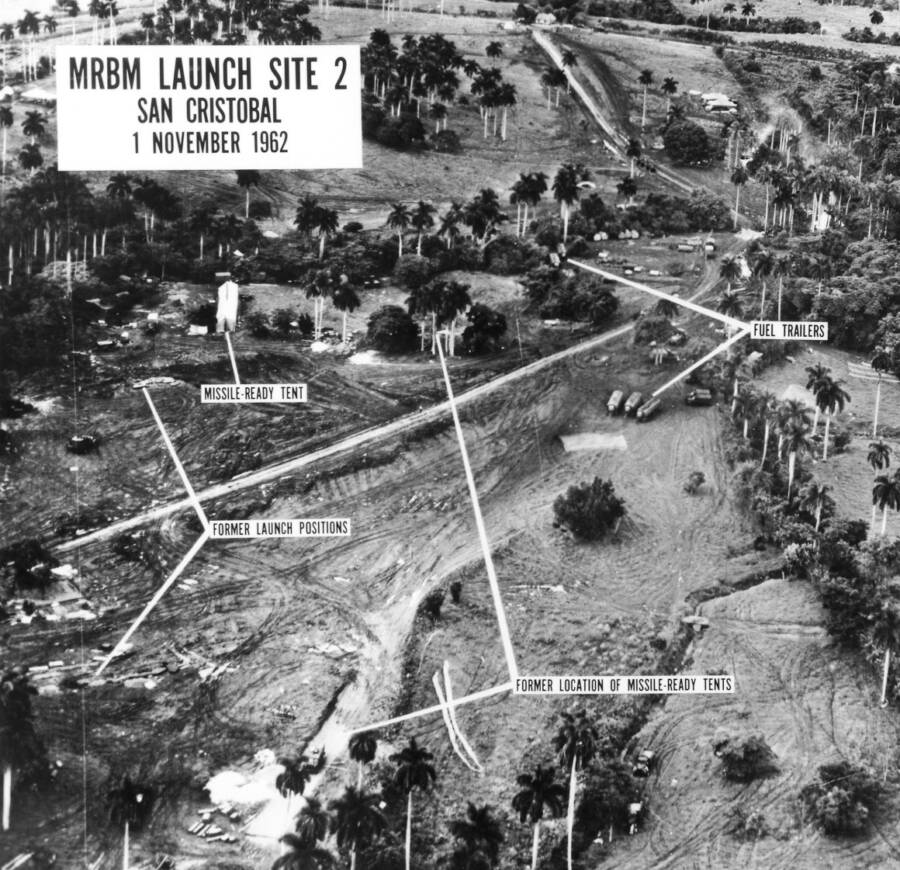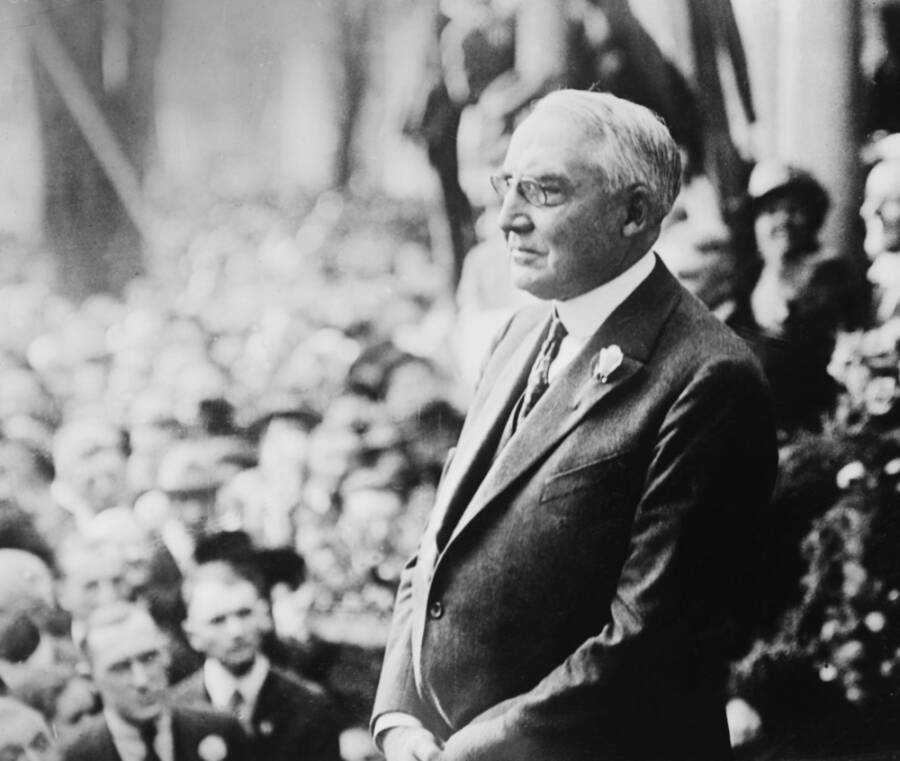
Global Impact and Long-Term Consequences
The reverberations of the 1960s are still felt today. The decade fundamentally altered the geopolitical landscape. The decolonization movement created dozens of new countries, shifting the balance of power at the United Nations and giving rise to new regional powers and conflicts. The Vietnam War deeply scarred American society and changed the way citizens viewed their government and the media. The Sino-Soviet split, which deepened during the decade, reshaped the Cold War from a bipolar to a tripolar struggle, a shift that would have major consequences in the 1970s.
Socially and culturally, the legacy is immense. The civil rights, anti-war, and student movements created a template for social activism that continues to be used by movements like Black Lives Matter and climate change protesters. The second-wave feminist movement, which gained momentum in the late 1960s, began to radically transform gender roles and opportunities for women in many parts of the world. The counterculture’s questioning of authority and consumerism laid the groundwork for modern environmentalism. The decade’s explosion in music, film, and fashion created a rich vein of retro culture that is endlessly mined for inspiration, while the widespread nostalgia for the era speaks to its enduring power as a symbol of both hope and turmoil.
The 1960s, in essence, was the crucible of the contemporary world. It was a decade that tore down old empires, challenged social norms, and connected the planet in ways never before imagined. While often remembered for its music and fashion, its true legacy lies in the profound political and social questions it raised—questions about freedom, equality, and power that we are still grappling with today.
For primary sources from various countries, consult national archives such as the UK National Archives. University history departments also provide excellent online resources.





